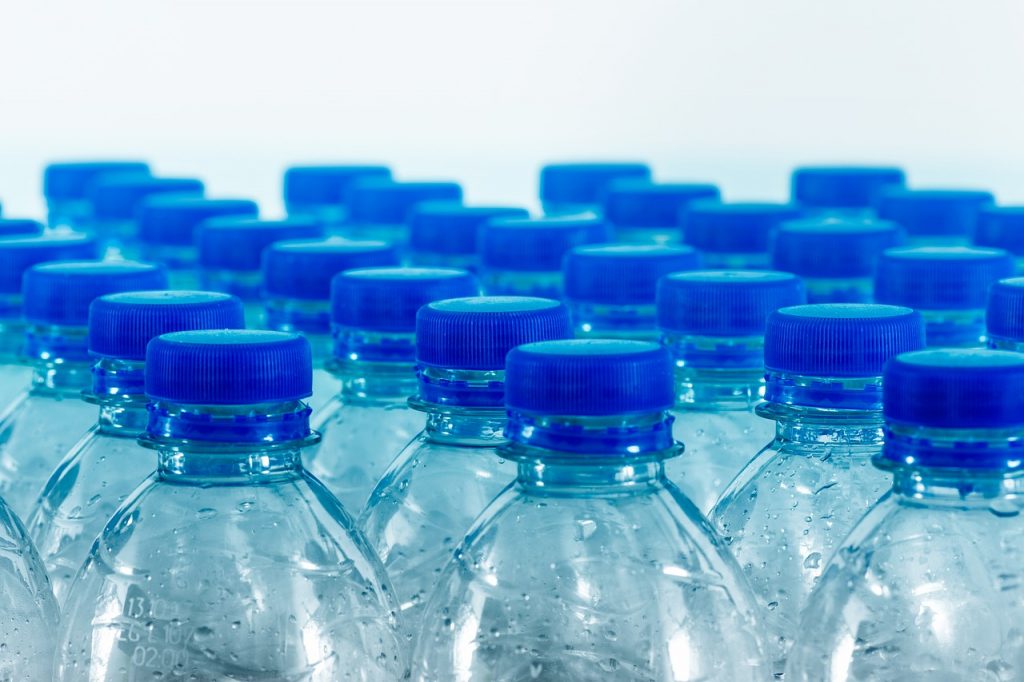Recycling Plastic Waste Will Soon No Longer Be A Problem?
Department of Energy’s National Renewable Laboratory has discovered more effective and versatile strategies for recycling plastics that were previously unable to be.
This article is more than 2 years old
We use an extraordinary amount of plastic every day. And, despite the prevalence of recycling bins parked next to trash cans, recycling plastic is still hard. That may all change, thanks to recent news from the US Department of Energy’s National Renewable Laboratory (NREL).
A group of scientists from NREL has been working hard to find a solution for the piles of plastic inundating recycling centers and landfills. Their work is part of the Bio-Optimized Technologies to Keep Thermoplastics out of Landfills and the Environment (BOTTLE) Consortium. And the mission is simple.
Find an answer to our plastic problem. Data from NREL shows that only about 5% of all plastic ends up recycled. The rest ends up clogging up landfills.
That is a problem since plastics will likely take hundreds of years to degrade. So, despite your effort to separate recyclables from the trash, much of what you toss still ends up in landfills. The primary reason this happens is due to the chemical composition of plastics.
According to Vice, these different chemicals make “…it harder and more expensive to separate individual polymers.” And that means recycling plastics is more challenging than most people realize. Plus, when companies can manage recycling plastics with different chemical compositions, it is a costly process.
So, the team at NREL set about to find some answers. They began their research with just three types of plastic – high-density polyethylene, terephthalate, and polystyrene polyethylene. All three are readily abundant in post-consumer waste.

One of the senior research fellows at NERL, Gregg Beckham, described their mission. He said, “There are very few ways to deal with mixed plastics in terms of recycling them. We wanted to be able to turn mixed plastic waste, without sorting the polymers or waste plastics, into a single product.”
To achieve their goal, they put the plastics through a process of metal-catalyzed oxidation, breaking them down into a more “digestible” form. They then fed that form to a specific strain of bacteria. That strain is a biologically engineered microbe, Pseudomonas putida.
They wanted to see if the Pseudomonas putida would convert the oxygenated plastics into a different (usable form). And they found success. The microbes turned what had been plastic into two compounds.
Those include a component that plays a role in the manufacture of biodegradable bioplastics and one that comprises nylon products. The findings are great news for everyone involved in recycling plastics. If there is a way to repurpose much of the plastic that goes to waste, it will relieve the pressure on recycling centers.
And ultimately, it may mean that recycling plastics is no longer necessary. However, there is a long way to go until we get to that point. According to Beckham, “The demonstrated concept is really exciting but there’s a lot more engineering work that remains to be done to be able to really enable this idea and this process concept at scale at a way that’s economically viable and better than business as usual.”
Despite his cautions, the possibility of a new way forward in the world of recycling is exciting. Overall, the study offers positive news. For now, keep separating your trash and recycling!







